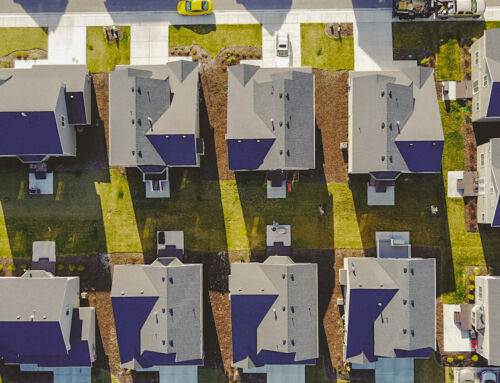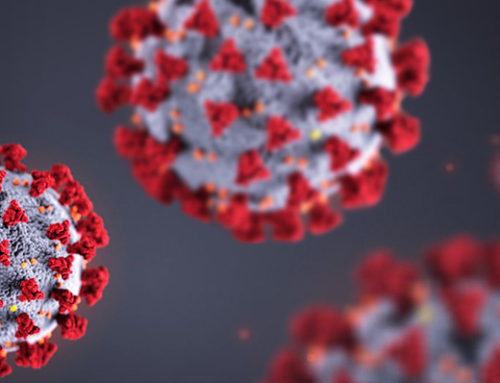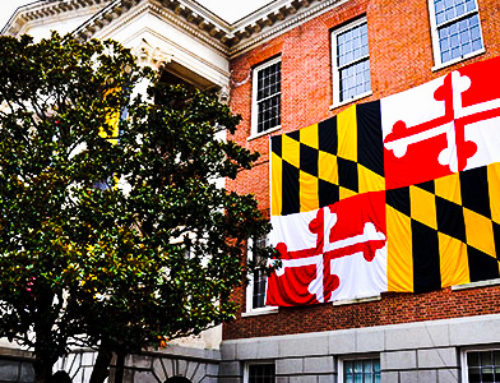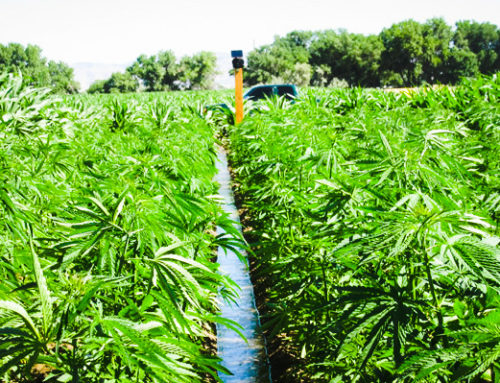View by Topic
Recent Articles
-
Greenpeace Ordered to Pay $667M in Blow to ActivismSaturday, March 22nd, 2025
-
The Most Consequential Day of Environmental Deregulation in American HistorySaturday, March 15th, 2025
-
States Challenge Validity of New York’s Climate Change Superfund ActSaturday, March 8th, 2025
-
House Votes to Protect the Hot Water Heater in Your HouseSaturday, March 1st, 2025
-
EPA Transmits California Electric Vehicle Waivers to Congress for RepealSaturday, February 22nd, 2025
View by Month/Year
“Green Building Law Update” Headlines
Recent Articles & News from
Stuart Kaplow’s blog
at GreenBuildingLawUpdate.com
- Greenpeace Ordered to Pay $667M in Legal Blow to Environmental Activism March 23, 2025
- The Most Consequential Day of Environmental Deregulation in American History March 16, 2025
- States Challenge Validity of New York’s Climate Change Superfund Act March 9, 2025
- House Votes to Protect the Gas Water Heater in Your House March 2, 2025
Subscribe to the Green Building Law Update!
Stuart Kaplow brings his expertise and extensive experience to the table with his unique digital publication, "Green Building Law Update". Subscribers receive regular updates to keep them informed about important issues surrounding Environmental Law, Green Building & Real Estate Law, as well as the emerging demand for Environmental Social Governance (ESG).
Get fresh content through the lense of Stuart Kaplow's cutting-edge expertise, innovative commentary and insider perspective. Don't miss another issue! Subscribe below.

COVID 19 Commercial Building Liability
With all 50 states now in some stage of reopening and some reclosing in part from the novel coronavirus pandemic closures and more than 1,500 new statutes, regulations and executive orders addressing the pandemic having been enacted in a matter of weeks, many commercial real estate owners are questioning if they can be liable for damages when someone, whether an employee of the business tenant or someone else, claims to have contracted the coronavirus disease 2019 (COVID-19) at their building.
Obviously courts have never addressed a situation like this novel coronavirus, officially the SARS CoV-2 (.. there was not a mature plaintiff’s bar during the 1918 Spanish flu), and this evolving and rapidly growing experience will be governed by state, and sometimes local law that varies from jurisdiction. Over time coronavirus pandemic exposure claims may result in a new emergent subset of premises liability law, but in most instances it is presumed that longstanding body of law will control.
In premises liability cases in Maryland, the state’s highest court has adopted the general rule, also applied in a majority of states with some variations, contained in Restatement (Second) of Torts § 343 (1965) that provides:
A possessor of land is subject to liability for physical harm caused to his invitees by a condition on the land if, but only if, he
(a) knows or by the exercise of reasonable care would discover the condition, and should realize that it involves an unreasonable risk of harm to such invitees, and
(b) should expect that they will not discover or realize the danger, or will fail to protect themselves against it, and
(c) fails to exercise reasonable care to protect them against the danger.
It is widely accepted that while a property owner owes a duty to exercise ordinary care to keep the premises in a reasonably safe condition, it is not the insurer of the invitee’s safety. Moreover, an invitee cannot maintain a negligence suit merely from a showing that an injury was sustained in the defendant’s building.
A tort case has not yet provided an answer to the obligation to enforce social distancing or to bar a person from the premises who has a fever until they have a negative test result, or the like.
By early March lawsuits had already been filed in courts in San Francisco and Miami against Princess Cruise Lines Ltd. alleging negligence that passengers on cruise ships became ill with COVID-19 because the ships did not employ proper screening protocols and more.
Historically, state courts have awarded damages for negligent transmission of diseases imposing liability on individuals who have harmed others (from occupational diseases like silicosis inhaled while grinding steel, to cotenants in a two apartment house infected with tuberculosis, and having unprotected sex and transmitting AIDS).
There are likely intervening issues, including significantly that legal action by employees is almost all barred and claims limited to the workers’ compensation system where the employer has insurance. And customers, as business invitees and even trespassers might be able to articulate some claim, but proof during a pandemic that exposure was in a particular building will likely face insurmountable causation problems not to mention an inability to prove some breach was the proximate cause of the harm?
All of this begs the question if a business owner’s premises liability insurance covers such claims? And while reviewing insurance policies, it is also likely prudent to review liability provisions in tenant leases.
While there are more than 1,500 new federal, state and local statutes, regulations and executive orders enacted in a matter of weeks to respond to the pandemic, likely more than have ever been enacted in the U.S. on a single topic in such a short period, very few have directly impacted issues of liability. And while OSHA has offered guidance, the agency has declined to issue any new pandemic related standards, and in fact is offering enforcement discretion during the emergency for existing standards, further barring employee claims. However, while an aberration, anticipating coronavirus claims, on March 24, New York Governor Andrew Cuomo signed an executive order limiting the malpractice exposure for health care workers treating COVID-19 patients, directing that an action against a health care professional providing medical services in response to the outbreak can only be maintained if gross negligence is established, a higher standard than negligence. There, of course, has been discussion in Congress about limiting liability for everything from grocery stores and pharmacies to others that have provided essential services, and some lawmakers have discussed eventually making similar protections universal.
These are uncharted waters, but exercising reasonable care may be adapting conduct by following available government guidance, including from the CDC and states about buildings. California offers widely quoted guidance on reopening.
And while there is some very good information about reopening in the real estate marketplace including from CBRE and the green building industrial complex has belatedly begun to roll out “special pilot credits” and the like (.. some of which are good), none of that will likely mitigate a building owner’s risk in litigation. Caution should also be observed, when following third party advice; for example some of the green building required trade group cleaning products and disinfectants necessary to achieve a rating system credit are not on the EPA List N of disinfectant products that have qualified for use against COVID-19 and may expose a building owner to legal jeopardy.
There is a great deal of uncertainty, at this time when we are still learning about this coronavirus. I wrote in an earlier blog post, COVID-19 and the Risk from Recirculated Air in Building that California recommends building owners consider stop recirculating air and now that the CDC is saying “touching a surface” is not the main way the coronavirus spreads, all building owners should consider stop recycling air so long as the outbreak lasts (i.e., until there is a COVID-19 vaccine).
There are some things a building should likely do. Most state law provides a duty of a property owner to warn a business invitee of an unsafe condition and while it might sound silly in this instance, posting warning signs is prudent. The CDC has provided some printable signs at the link above that also may serve to allay the concerns of those entering a premises, another key issue.
The coronavirus pandemic is obviously unprecedented, and as such it is not possible to predict with any degree of certainty how courts might rule on premises liability or other exposure claims, however, businesses are reopening now, and the principles described above may provide guidance on understanding and possibly even mitigating the risk to commercial building owners.
If we can assist you in mitigating the risk in the coronavirus pandemic operation of your buildings including working on your reopening plan or reclosing or otherwise with an environmental matter, we are ready to help you.









